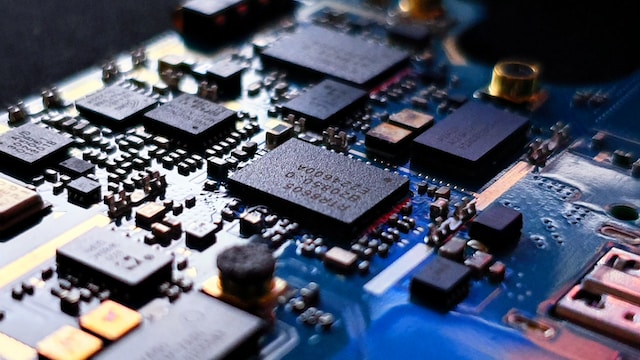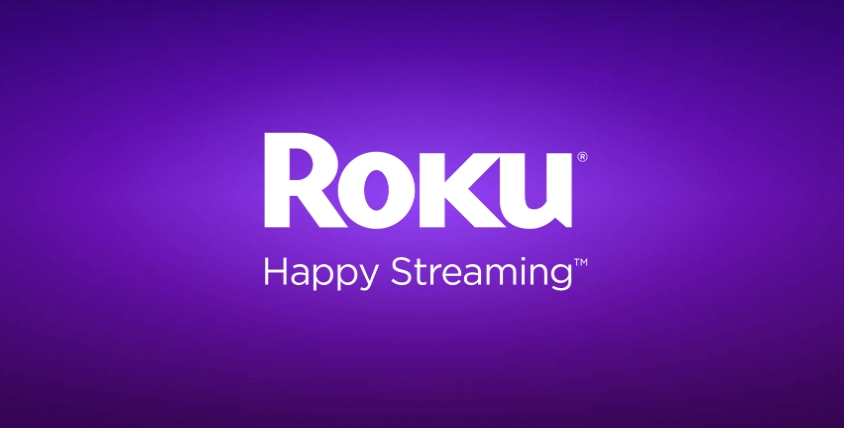[Reuters Breakingviews] Trump's chip tariff exemptions offer false comfort

By Robyn Mak
HONG KONG, Aug 7 (Reuters Breakingviews) - The world's biggest chipmakers have dodged a bullet, for now. Shares of Taiwan Semiconductor Manufacturing 2330.TW and Samsung Electronics 005930.KS rallied as much as 5% on Thursday after U.S. President Donald Trump said manufacturers like Apple AAPL.O that invest stateside will avoid his planned 100% tariff on semiconductor imports. So the pair's U.S. expansion plans should ensure a carve-out. Yet Washington is only likely to sharpen its manufacturing demands. That implies the real pain for chipmakers may come later.
Critical details are still missing, including whether the 100% levy will apply to shipments of electronic integrated circuits, which amounted to $40 billion last year, per the U.S. International Trade Administration, or on all electronic goods that contain chips. That distinction matters as imports of the second category, which cover Apple's iPhones to Nvidia's NVDA.O AI servers, into the United States topped $550 billion in 2024.
Other thorny questions, including at what value-add manufacturing stage the duties will kick in as well as how to determine a component's origin, will have to be ironed out too. Some smartphones might feature chips manufactured in Taiwan that are packaged in Malaysia and then assembled into a device in China, for instance.
The immediate pain will be worst for smaller chip suppliers from the Philippines, Southeast Asia and elsewhere that don't already have a U.S. manufacturing footprint or the resources to set up one. By contrast, TSMC, which has one operational factory in Arizona, upped its investment commitment stateside by $100 billion in March, bringing its total pledged to $165 billion. That's above the roughly $45 billion that Samsung committed to last year.
Yet Trump's administration is serious about bringing advanced manufacturing capabilities to the United States, especially to ensure it retains an edge over its rival China, so simply promising more factories to Washington is unlikely to be enough.
Apple's domestic investments and initiatives so far focus on iPhone components such as semiconductors and glass, falling short of Trump's demands of a Made-in-USA iPhone. And Taiwan officials have already said TSMC will not be producing its cutting-edge next-generation 2- and 1.6-nanometre chips in the United States next year. The Trump administration might make that a precondition or, at the very least, pressure the company to relocate more research and development to the United States. Chipmakers are not out of the woods yet.
Follow Robyn Mak on X.
CONTEXT NEWS
The United States will impose a tariff of about 100% on semiconductor chips imported from countries not producing in America or planning to do so, President Donald Trump told reporters on August 6.
The new tariff rate would apply to "all chips and semiconductors coming into the United States" but would not apply to companies that had made a commitment to manufacture in the United States or were in the process of doing so.
South Korea's top trade envoy, Yeo Han-koo, said on August 7 that chipmakers Samsung Electronics and SK Hynix will not be subject to 100% U.S. tariffs on chips. Yeo said on the radio that among various countries, South Korea will face the most favourable U.S. tariff rates on chips under the trade deal between Washington and Seoul.
Separately, Taiwan's National Development Council chief Liu Chin-ching told a briefing in parliament on August 7 that TSMC "is exempt" from the 100% tariff, Agence France-Presse reported.
The world's top chipmakers have recovered from Trump's April tariff shock









